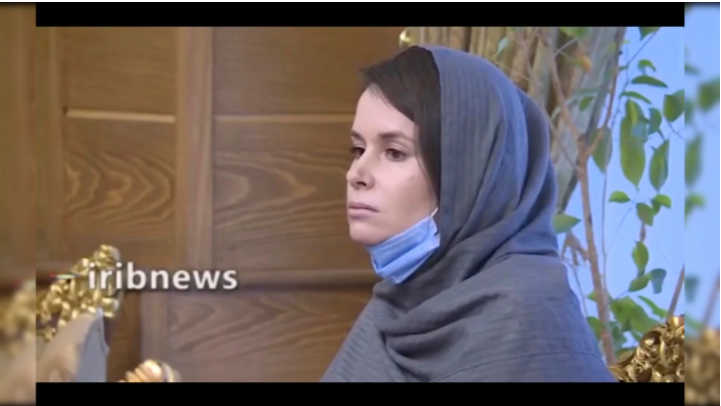After being imprisoned for two years, Iran has released British-Australian Academic Kylie Moore-Gilbert in exchange for the three Iranian “economic activists” who were detained abroad for allegedly escaping US sanctions imposed on Iran. Moore-Gilbert was arrested due to espionage charges after attending an academic conference in Iran in 2018. She was convicted last year and was sentenced to 10 years imprisonment. Meanwhile, the identities of the three Iranian prisoners have not yet been disclosed.

CNN: Australian Prime Minister Scott Morrison called Moore-Gilbert’s release a “miracle.”

According to CNN, Moore-Gilbert, a lecturer on Middle Eastern studies at the University of Melbourne, had been detained in Iran since 2018. The 33-year-old was found guilty of espionage last year and sentenced to 10 years in prison.
Iranian state-backed news agency the Young Journalists Club (YJC) reported that her release was part of a prisoner exchange for three Iranian businessman held abroad for allegedly evading US sanctions imposed on Iran. The agency did not clarify the identities of those released.
In a statement, Moore-Gilbert thanked the Australian government and others who had campaigned for her freedom, describing the past two years and three months as “a long and traumatic ordeal.”
Fox News: Moore-Gilbert went on several hunger strikes while jailed and pleaded for the Australian government to do more to free her during her time in custody.

Moore-Gilbert, 33, one of the most high-profile Western prisoners held by the country, was imprisoned for more than two years on spying charges, Fox News disclosed.
A Melbourne University lecturer on Middle Eastern studies, Moore-Gilbert was picked up at the Tehran airport and arrested as she tried to leave the country after attending an academic conference in 2018. She was convicted in a secret trial and sentenced to 10 years in jail for crimes she said she never committed.
Moore-Gilbert, who was transferred in July to Qarchak prison, a remote jail known to hold the country’s political prisoners, wrote that she was subjected to “psychological torture and spending prolonged periods of time in solitary confinement.”
The Iranians freed in exchange for Moore-Gilbert were described by Iran state TV as “economic activists” who had been imprisoned for trying to bypass sanctions on the country, although the report failed to elaborate further. They wore Iranian flags draped over their shoulders and outfits apparently designed to conceal their identities.








